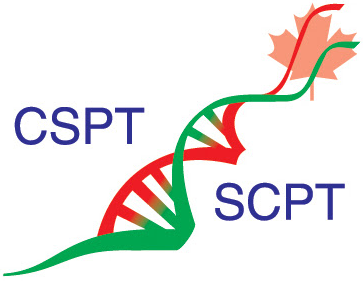Phase I clinical Trial
Definition:
In a Phase I clinical trials, researchers test a new drug or treatment in question on a small group of healthy volunteers, usually consisting of 20-80 people. The purpose of this is to learn more about the drug/treatment to inform dosing for further clinical trials and to provides insights about its safety profile and potential adverse effects.
A Phase I study is the first time a new drug is tested on a human, and thus are also called “first in human” studies.
Participants in phase I clinical trials are typically healthy adult volunteers, but some clinical trials (especially for medications with a high risk for adverse events, such as chemotherapy) may involve patients.
Relevance:
Phase I clinical trials serve as the first human exposure in the process of drug development and provide essential information regarding the pharmacology and short-term toxicity of the drug.
The first participants are given a very low dose and observed closely for any side effects. Provided that only minor side effects are observed, researchers may administer a slightly higher dose to a few participants.
The dose is then titrated to achieve therapeutic effects with a minimal/acceptable level of side effects.
The main concern at this level is understanding how the drug behaves in individuals regarding dosage and safety to inform Phase II and Phase III trials. Subsequently, the main objective of Phase II and III trials is to evaluate adverse events in terms of risk and severity.
Teaching Tips:
Why do Researchers do Different Kinds of Clinical Studies? https://www.nih.gov/sites/default/files/health-info/clinical-trials/infographic-why-researchers-different-kinds-clinical-studies.pdf
What is Clinical Research? — YouTube(link is external)
Types and Phases of Clinical Trials: https://www.cancer.org/cancer/managing-cancer/making-treatment-decisions/clinical-trials/what-you-need-to-know/phases-of-clinical-trials.html
https://experientialmodules.utoronto.ca/wp-content/uploads/articulate_uploads/Drug-Development/story.html
Linked terms: Preclinical testing, Dose-escalation, Phase II clinical trials, Phase III clinical trials, Placebo, Side effects, Adverse effects, LOAEL (Lowest Observed Adverse Effect Level), NOAEL (No Observed Adverse Effect Level)
Resources:
U.S. Department of Health and Human Services. (2022, October 3). The basics. National Institutes of Health. https://www.nih.gov/health-information/nih-clinical-research-trials-you/basics#:~:text=Phase%20I%20trials%3A%20Researchers%20test,safety%20and%20identify%20side%20effects Muglia, J. J., & DiGiovanna, J. J. (1998). Phase 1 Clinical Trials. Journal of Cutaneous Medicine and Surgery, 2(4), 236–241. https://doi.org/10.1177/120347549800200413
Return to Glossary
